Who will determine the future of Thalys?
![]() 10/21 2024
10/21 2024
![]() 610
610
Introduction | Lead
In the first half of this year, Thalys achieved remarkable results and turned a profit. However, does Thalys truly have no hidden concerns? Can Huawei lead Thalys to new heights?
Produced by | Heyan Yueche Studio
Written by | Zhang Dachuan
Edited by | Heyanzi
Total Words: 2581
Reading Time: 4 minutes
Among the emerging automakers in China, only a handful can truly achieve profitability, and Thalys is one of them.
According to Thalys' financial report, in the first half of this year, Thalys' total revenue reached 65.044 billion yuan, an increase of 489.58% year-on-year; net profit attributable to shareholders was 1.625 billion yuan, an increase of 220.85% year-on-year. With Huawei's comprehensive support, Thalys' overall business has grown rapidly, making it a formidable automaker in China.
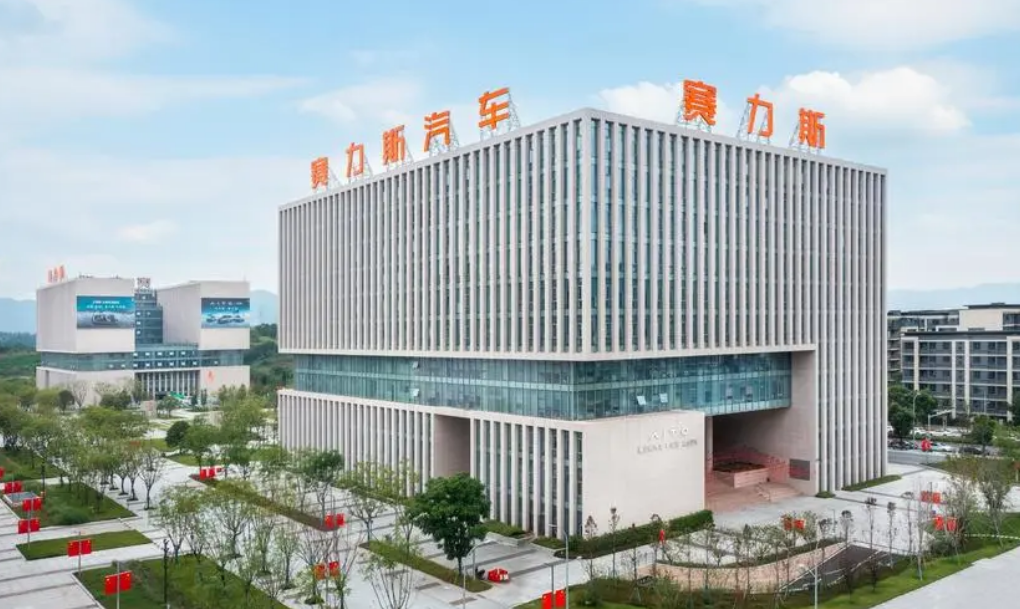
△ Thalys and Lixiang form the first tier of emerging automakers in China
Can the popularity of Wenjie M9 be sustained?
The popularity of Thalys' flagship model, Wenjie M9, has been a significant factor in Thalys' turnaround from losses to profits. From January to August this year, Wenjie M9, with a starting price of nearly 500,000 yuan, delivered nearly 70,000 units, making it the sales champion among luxury vehicles priced above 500,000 yuan. According to the financial report, considering the 59,000 units delivered in the first half of the year, the average selling price of 550,000 yuan disclosed by the company in July, and the 30%-40% gross margin achievable in the market segment where M9 operates, this single model accounted for 70% of Thalys' 16 billion yuan gross profit in the first half of the year. In the second quarter, when M9's sales accounted for an even higher proportion, the related gross profit ratio could approach 90%. Therefore, Wenjie M9 is undoubtedly the primary contributor to Thalys and HarmonyOS Intelligent Driving's turnaround. However, it also implies that any future decline in M9's growth momentum could significantly impact Thalys and HarmonyOS Intelligent Driving.
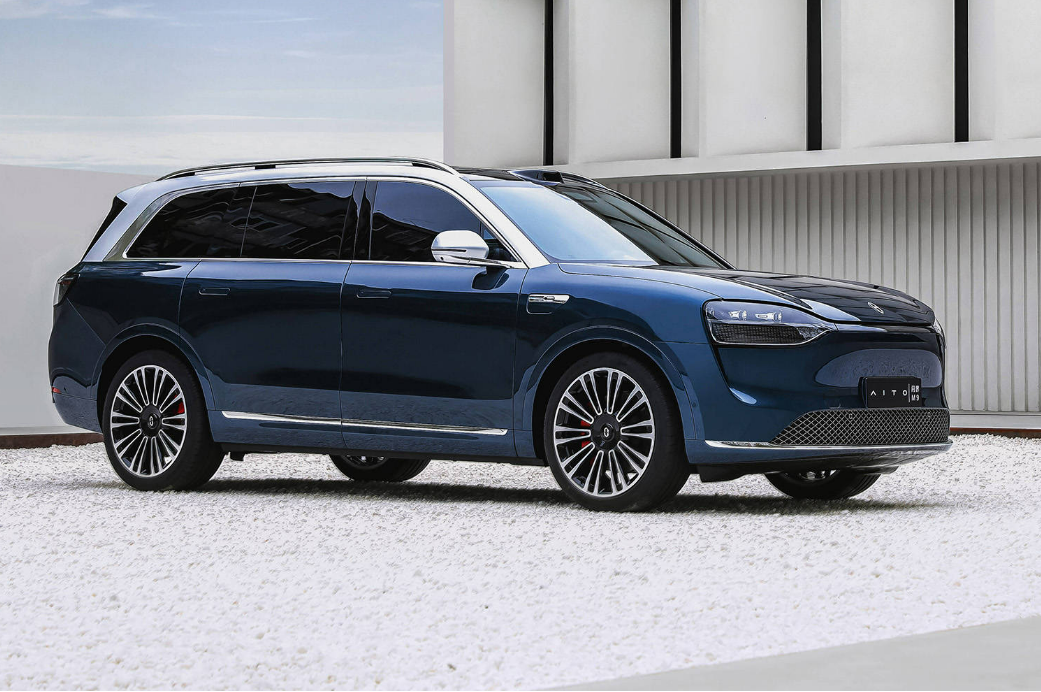
△ Wenjie M9 single-handedly drove Thalys to profitability
Can Wenjie M9 sustain its high growth rate? The answer may not be entirely optimistic. A closer analysis of the market for high-end SUVs priced between 500,000 and 1 million yuan, where M9 operates, reveals that the market landscape has not significantly changed with the entry of Wenjie M9. In the first half of this year, traditional foreign luxury automakers such as Mercedes-Benz, BMW, Audi, Volvo, Porsche, and Land Rover achieved 223,800 insured sales in the "500,000-1 million yuan SUV" segment, a slight year-on-year decrease of 0.18%. This suggests that M9 may not have attracted many customers from BBA or Land Rover/Volvo but instead created new demand, expanding the market for SUVs priced between 500,000 and 1 million yuan. It will not be easy to continuously tap into Huawei fans with purchasing power who can accept the extended-range technology.
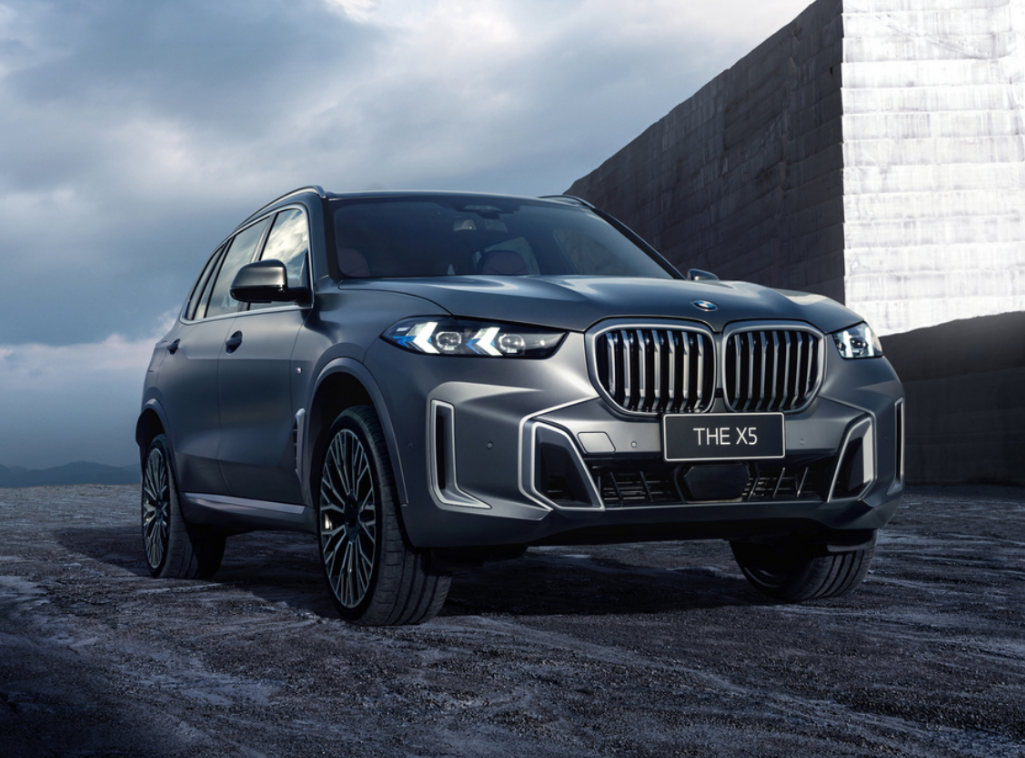
△ Foreign automakers have not been significantly impacted by Wenjie M9 in the 500,000-1 million yuan SUV market
As market competition intensifies, Huawei's aura seems to be fading gradually. The latest three new models under the HarmonyOS Intelligent Driving model have not achieved impressive sales figures.
Zhijie S7, launched at the end of 2023 in collaboration with Chery, failed to surpass 1,000 units in monthly sales initially. This directly led to the model's relaunch in April this year. Although sales improved temporarily through upgrades and price reductions, Zhijie S7 has shown signs of declining sales again since June. The second model from Huawei and Chery, Zhijie R7, has a significantly higher price than other competitors in the same segment by 30,000 to 50,000 yuan. With several models recently launched in China aiming to compete with Tesla Model Y, Zhijie R7's prospects do not look optimistic if it cannot significantly reduce its price. As for the executive sedan Xiangjie S9, jointly developed by Huawei and Beijing Automotive Group (BAIC), it received 2,500 orders within 24 hours of its launch and 4,800 orders within 72 hours, far fewer than the 30,000 orders recorded within seven days of Wenjie M9's launch.
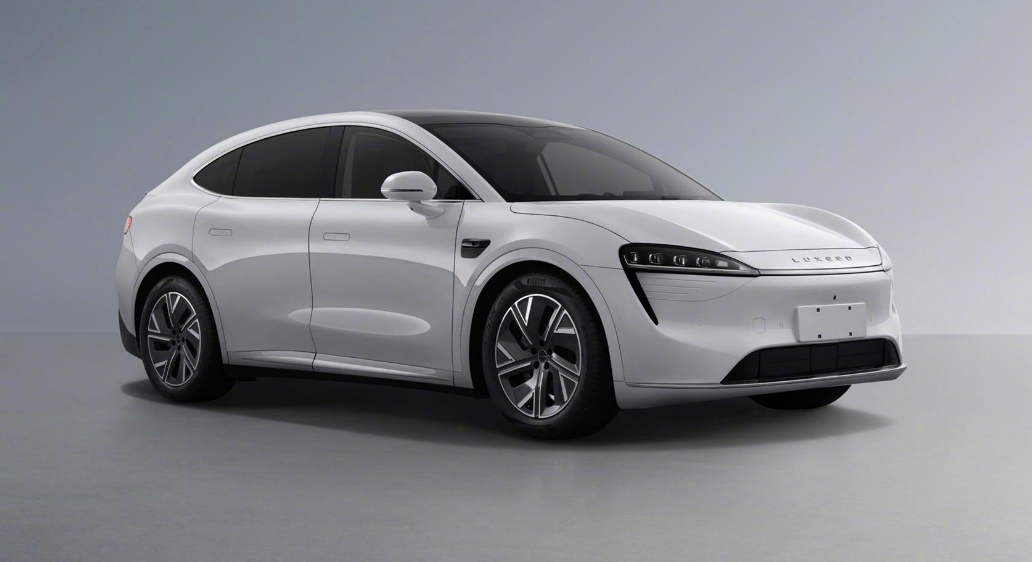
△ Amidst fierce market competition, Huawei-led HarmonyOS Intelligent Driving has not achieved remarkable sales for its recent new models
The Entanglement between Lixiang and Thalys
As the leading players in China's emerging automakers sales rankings, the competition between Lixiang and Thalys has always been intense.
Currently, Thalys' top-selling models include Wenjie M9, along with M7 and M5. However, compared to M9, M7 and M5 have become relatively unremarkable, with M7's monthly sales slipping from 30,000 units at the beginning of the year to just over 10,000 units now, and M5 achieving monthly sales exceeding 10,000 units only once in its 32-month lifespan.
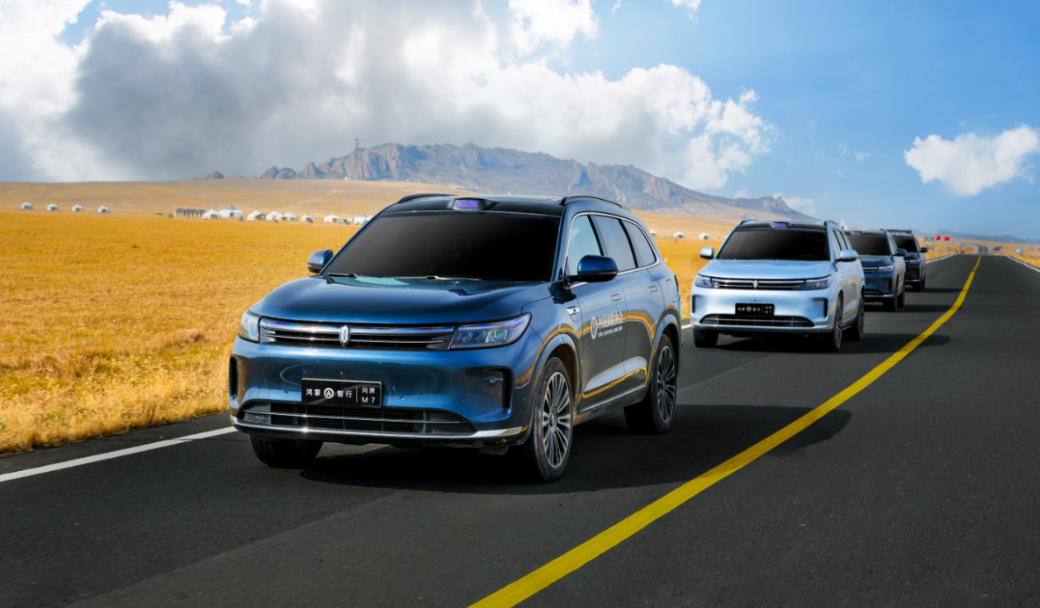
△ Sales of Wenjie M5 and M7 have reached a bottleneck
For Thalys, even with Huawei's comprehensive system capabilities, it cannot escape the onslaught of domestic automakers. One of the most direct challenges to Thalys comes from Lixiang. As both companies' main sales come from extended-range vehicles, and Lixiang's four L-series SUVs overlap with Thalys' three models, the competition between the two brands is fierce. In February 2023, the strong debut of Lixiang L7 pushed the once-popular Wenjie M7 into a decline. Thalys subsequently introduced a new Wenjie M7 with a 70,000 yuan price reduction, leading to a turnaround. However, the lower-priced Lixiang L6 launched in April this year caused Wenjie M7's monthly sales to drop from 20,000 units to just over 10,000 units. In response, Thalys introduced the Pro version of Wenjie M7, reducing the price of the five-seater four-wheel-drive model from 284,800 yuan to 269,800 yuan.
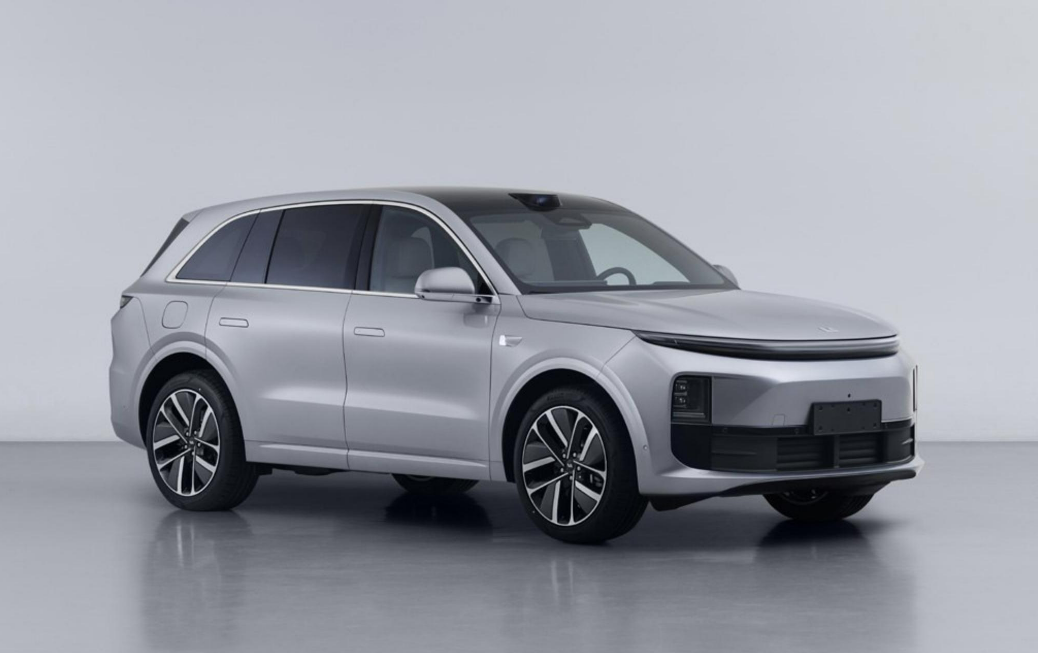
△ Lixiang's models pose a significant challenge to Wenjie M5 and M7
Under the pressure from Lixiang and other competitors, Wenjie M7 can only enhance its appeal through price reductions or upgrades. So far, this approach has been effective. However, if price wars become the only option in the future, it would not bode well for Thalys, HarmonyOS Intelligent Driving, or Huawei's aspirations. Achieving technological leadership and attracting consumers through better and more robust technology rather than relying on price wars for short-term sales gains will be a significant challenge for Huawei and Thalys.
Is Huawei's independent BU a blessing or a curse for Thalys?
After spinning off its BU into Huawei Introspection, the overall strategy of HarmonyOS Intelligent Driving has undergone a complete transformation. Thalys' current success is inseparable from Huawei BU's comprehensive empowerment in system capabilities. Without Huawei's support, Thalys would not have achieved its current achievements. However, every coin has two sides, and the same force that has greatly contributed to Thalys' success could potentially become its biggest obstacle in the future.

△ Thalys' success is inseparable from HarmonyOS Intelligent Driving's comprehensive empowerment
Some Huawei employees, led by Yu Chengdong, had plans to manufacture cars, but it seems that Huawei's senior management has rejected this path for the time being. Even though Thalys has achieved remarkable results in the past, it has not convinced Huawei's management to enter the car manufacturing business directly. This suggests that Huawei Introspection will remain committed to being China's "Bosch," providing software services related to intelligent connectivity for automakers. As Huawei transfers multiple brands to their respective OEMs, its involvement in Thalys' product design, marketing, and manufacturing will decrease.
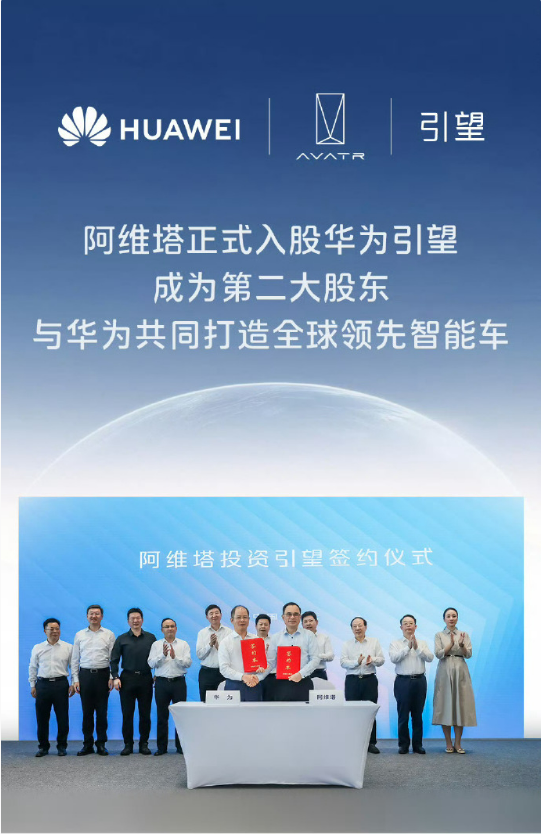
△ After Huawei Introspection publicly attracted external investors, the relationship between Huawei and Thalys became delicate
As is well known, Huawei established Introspection to take over all its automotive-related technologies and patents. To further dispel concerns about Huawei's future car manufacturing plans, Huawei may sell part of Introspection's shares to OEMs. Behind this move lies Huawei's urgency to recoup investments in intelligent and connected vehicles, as well as its desire to sell its technologies/products to more OEMs through equity relationships, allowing them to share the benefits of Introspection's development.
Commentary
For Thalys, with an increasing number of domestic automakers opting for Huawei's intelligent cockpit and autonomous driving solutions, maintaining high sales will be a significant challenge. Although Huawei's HarmonyOS Intelligent Driving product matrix is relatively complete, it is scattered among various automakers. Even if Wenjie's three models maintain stable sales, Thalys must find new growth drivers. Without a solution to this issue, it is difficult to envision a bright future for Thalys. After all, Thalys can no longer claim to be Huawei's sole representative. With numerous foreign automakers, including Audi, considering Huawei's products, Thalys' scarcity will diminish, potentially posing greater challenges to its sales prospects.
(This article is originally written by Heyan Yueche and may not be reproduced without authorization)






